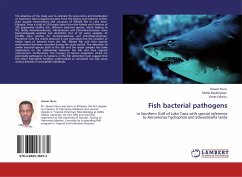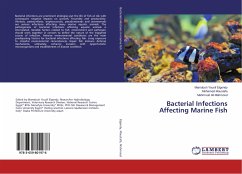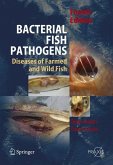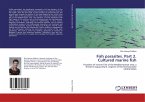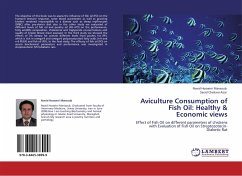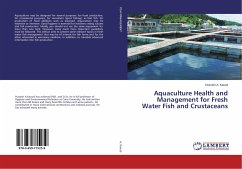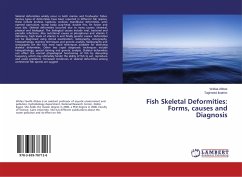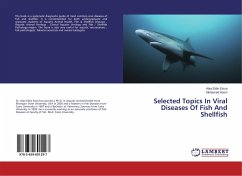The objective of the study was to estimate the occurrence and distribution of important Garm-negative bacteria from the kidney and intestine of fish, their aquatic environment and carcasses of filleted fish in Lake Tana, Ethiopia. From a total of 510 swabs taken from the kidney and intestine of 255 apparently healthy fish, different bacterial species, which belong to the family Aeromonadaceae, Vibrionaceae and Enterobacteriaceae were bacteriologically isolated and identified. Out of 62 water samples, 47 (75.8%) were positive for Aeromonadeceae and Enterobacteriaceae. Therefore from the results obtained it was concluded that the Isolation of similar types of bacteria from the fish, filleted fish and their aquatic environment has been recorded during the study period. The detection of similar bacterial species both in the fish and the water samples has some implications on the relationship between the fish and their aquatic environment. Furthermore, the recovery of various organisms, which are potentially pathogenic to humans, in the fish alimentary tract suggest that fish either improperly handled, undercooked or consumed raw may cause various diseases to susceptible individuals.
Bitte wählen Sie Ihr Anliegen aus.
Rechnungen
Retourenschein anfordern
Bestellstatus
Storno

